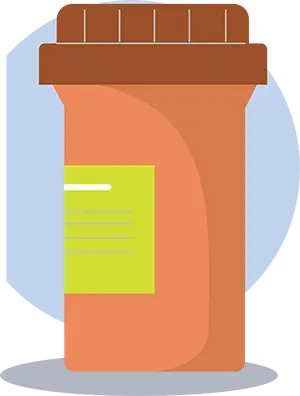Part D enrollees with high out-of-pocket costs earlier in the plan year and those whose out-of-pocket costs will reach $2,100 (the out-of-pocket cap for 2026) before December are generally more likely to benefit from the MPPP than people with more consistent, lower costs.
Medicare Drug Plans and pharmacists will notify people who have costs of at least $600 for a single prescription that they may be likely to benefit from the MPPP. You may receive a "Medicare Prescription Payment Plan Likely to Benefit Notice" by mail or email prior to the start of the next plan year or at some point throughout the year. But you will still get to decide if you want to enroll, no matter what your drug costs are.
Enrolling later in the plan year is less beneficial because there are fewer months to spread out the costs. For example, enrolling in January allows you to spread high out-of-pocket costs you incur in that month over the 12 months of the year, versus just 3 months if you enroll in October. You will always have to pay all costs (up to $2,100) within a plan year; costs will not roll over into the next year. Also, people with low-moderate out-of-pocket costs are unlikely to benefit (see Susan's story.)
Individuals with low incomes may be eligible for the Extra Help program. These individuals are able to participate in the MPPP, but Extra Help enrollment will provide more help with costs than the MPPP. Under this program, individuals have $0 premiums and low-cost, fixed co-payments for covered prescription drugs. Learn more about Extra Help and apply here.
It is important to remember that everyone's situation will be unique. Read about these different MPPP scenarios for individuals living with lung diseases or answer a few questions from Medicare.gov to help determine if the MPPP is a good fit for you. If you still have questions, you can contact a trained navigator through the Lung Helpline at 1-800-LUNG-USA.


 Check your Part D sponsor website – you will find an election request option, an overview of the program, examples of how the MPPP works, and more! You can enroll in a way you are comfortable with – paper option that can be mailed, toll-free telephone number, or online.
Check your Part D sponsor website – you will find an election request option, an overview of the program, examples of how the MPPP works, and more! You can enroll in a way you are comfortable with – paper option that can be mailed, toll-free telephone number, or online. 